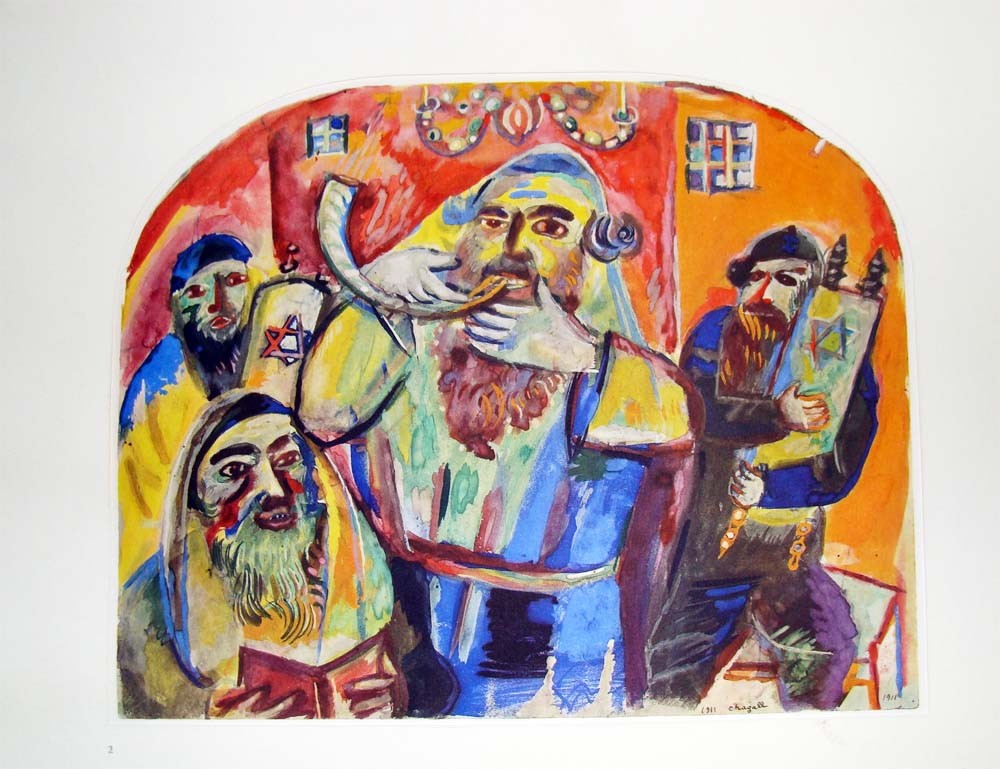Note: If you wish to receive, via e-mail, (1) my weekly newsletter or (2) daily copies of these posts, notify me at rrbates1951@gmail.com and indicate which you would like. I promise not to share your e-mail address with anyone. To unsubscribe, send me a follow-up email.
Sunday
Rosh Hashanah, when Jews do a spiritual self-assessment and take upon themselves responsibility for the sins of the world, begins this Thursday. I am reposting this essay from 13 years ago on three Alicia Ostriker poems that reflect upon Judaism’s High Holy Days.
Ostriker is one who believes that poetry can make things happen. W. H. Auden has written (in “In Memory of W. B. Yeats”) that “poetry makes nothing happen,” to which Ostriker has responded that poetry “can tear at the heart with its claws, make the neural nets shiver, flood us with hope, despair, longing, ecstasy, love, anger, terror . . .”
(Incidentally, I don’t think Auden would disagree. He was just feeling gloomy about Yeats’s death and the state of the world in 1939 and Yeats’s apparent inability to change the course of Irish history.)
Ostriker sees the high holy days—the month of preparatory repentance (Elul), the Day of Judgment (Rosh Hashanah), and the Day of Atonement (Yom Kippur)—in a similar way. We have a chance, during this holiday, to be renewed.
True, renewal means facing up to our sins and those of others, which we take collective responsibility for. As Ostriker puts it, “we destroy we break we are broken.” True, “our cells secrete anger, our minds propagate envy.” True, we are like a foolish old woman, living in a ramshackle house during a hurricane that is being struck by “guilt waves and fear waves.” Otsriker calls it right when she says we have the sense that “the walls could collapse any time.”
Longing to open up like an egg, we instead feel like the large stones that “people place on graves to make them a little heavier.” And yet. . .
And yet, against all logic we find renewal. We are Hagar and Ishmael finding water in the desert. (The exile of the two is another thing that Jews may feel the need to atone for.)
Particularly striking is the image of image of drops of rain on the windshield. Going through life can be like driving through a storm, with violent points of contact occurring regularly. Yet the water, defying gravity, flies upward, like prayers. What is our knowledge, what is our strength?” Ostriker asks, invoking ritual language, and then answers her own question with ritual reassurance: “repentance prayer and good deeds avert the stern decree.”
Like that foolish old woman, we don’t leave the house. We face the storm, not like solid and heavy grave markers, but like vulnerable and open eggs.
Here’s the poem:
Days of Awe
By Alicia Ostriker
elul: psalm 27
we are told to say the following
every day for a month
in preparation for the days of awe:
you are my light my help
when I’m with you I’m not afraid
I want to live in your house
the enemies that chew my heart
the enemies that break my spine
I’m not afraid of them when I’m with you
all my life I have truly trusted you
save me from the liars
let me live in your house
*****
rosh hashanah
the birthday of adam
the innocent earthling
and the day hagar and ishmael
found water in the desert
in memory of whom
mud staining our shoes
water flowing in handfuls
we sniff the smell of living dying things
reach into our pockets
for the bread that represents
our sins, toss it in, praying release
us, help us, forgive us
the river answers
by swallowing our crumbs
do our prayers travel upward
do they defy gravity
like rain splashed on the windshield
of a car speeding through storm
in ten days we will go hungrier
pray harder
*****
yom kippur
we destroy we break we are broken
and this is the fast you have chosen
on rosh hashana it is written
on yom kippur it is sealed
who shall live and who shall die
which goat will have his throat cut
like an unlucky Isaac
spitting a red thread and which goat
will be sent alive to the pit where the crazies are
thread lightly tied around its neck
who will possess diamonds and pearls
and who will be killed
by an addicted lover
who shall voyage the web of the world
like an eagle, and who shall curl to sleep
over a steam grate like a worm
who shall be photographed and whose
face will disappear like smoke
this is the fast you have chosen, turn return
how to turn like leaves like a page like a corner
what is our knowledge, what is our strength
I am like the stones people place on graves to make them a little heavier
such a stone says, in its oracular way, don’t come back or return only as grass
but it is tired of being a stone, it wishes to be open, it would like to be an egg
honeybees manufacture honey, a power station generates electricity
cotton plants extrude smooth fibre, and my cells secrete anger
my mind propagates envy, but repentance, prayer and good deeds
avert the stern decree, I am like a ramshackle house during a hurricane
struck by guilt waves and fear waves, the walls could collapse any time
but the foolish old woman who lives there refuses to leave


